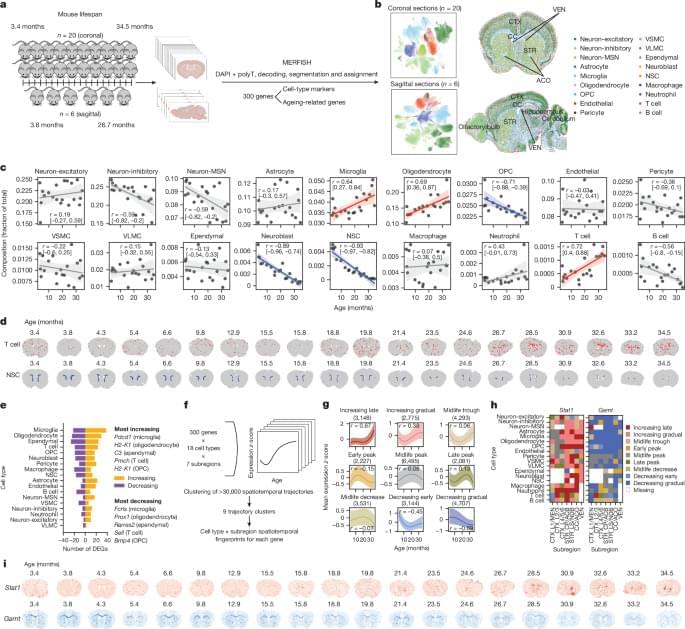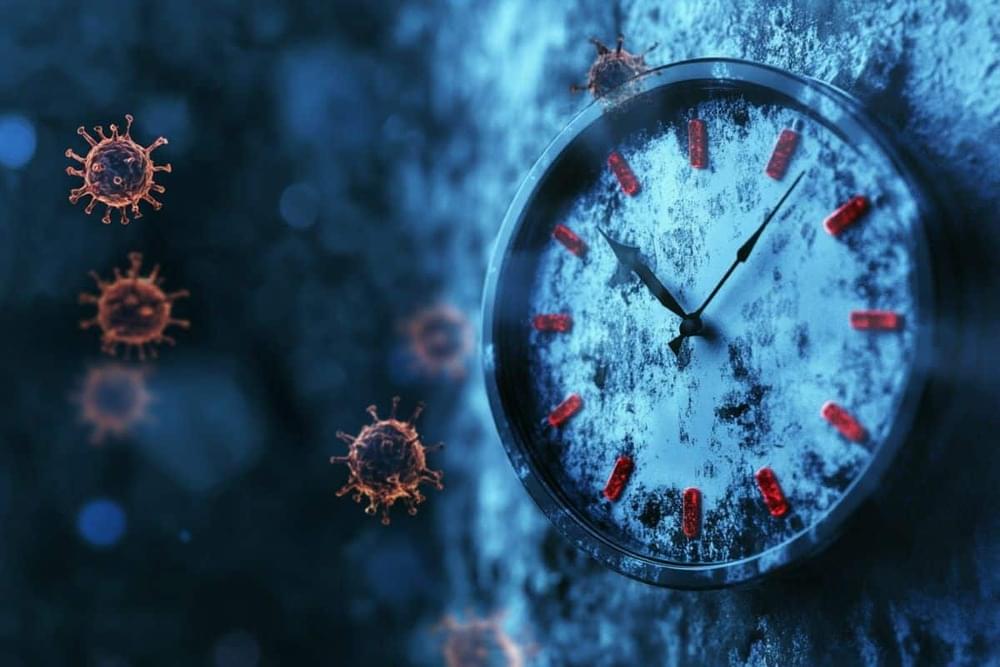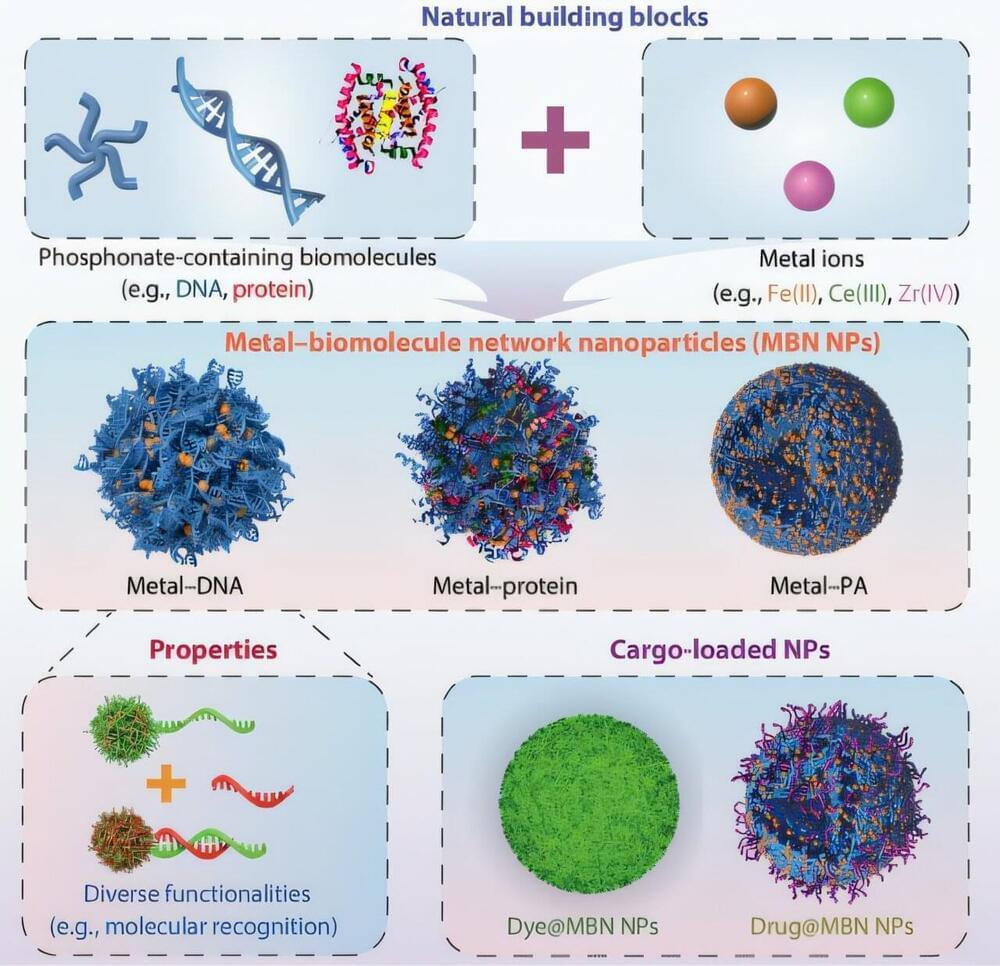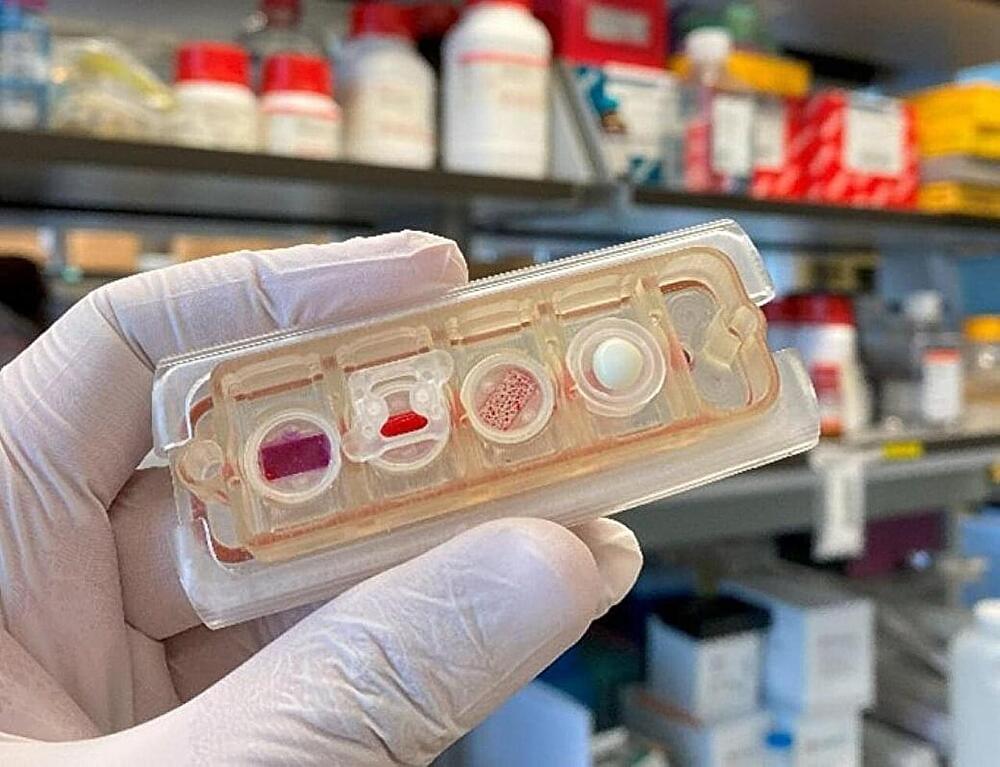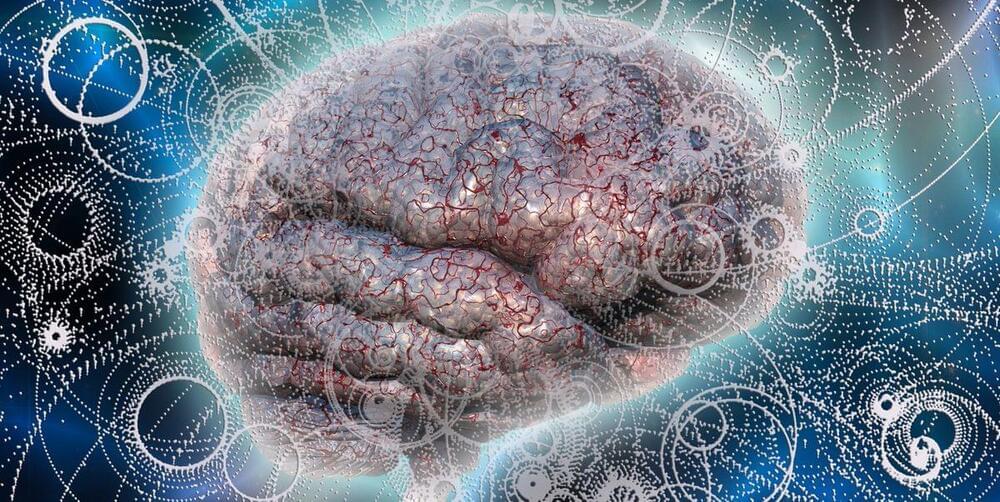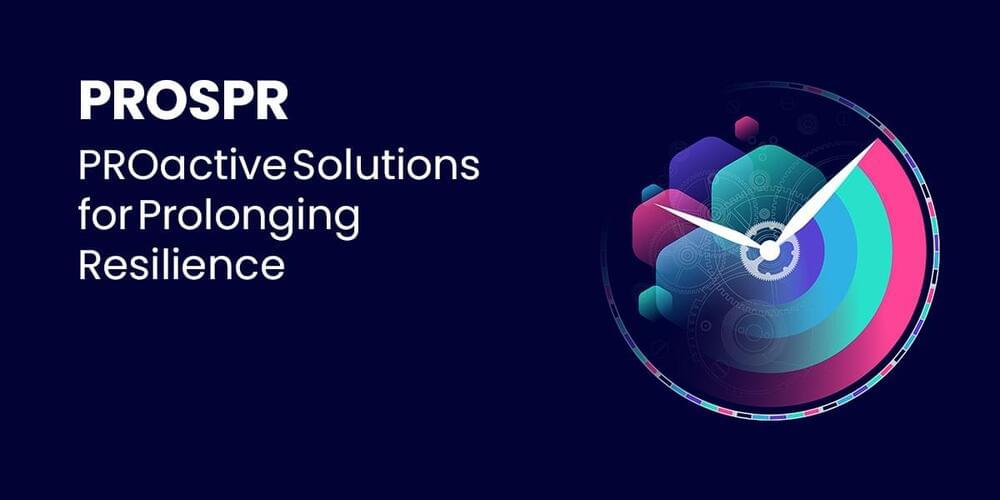
The Advanced Research Projects Agency for Health (ARPA-H), an agency within the U.S. Department of Health and Human Services (HHS) announced a new funding opportunity through the launch of the PROactive Solutions for Prolonging Resilience, or PROSPR, program. The big question that drives the program is, “What if we had therapies to extend healthspan and prevent the onset of age-related diseases?”
ARPA-H PROSPR Program Manager Andrew Brack, Ph.D., says, “the ultimate goal is to extend healthspan—meaning the number of years aging adults live healthy lives and enjoy overall well-being by compressing the frailty and disability that comes with aging, into a shorter duration of time near the end of life.” The PROSPR program builds on foundational work by the National Institute of Aging and will work with industry and regulators to accelerate the testing and availability of new therapeutics targeted at healthspan.
This commitment by ARPA-H is not only an investment in national health, but an impactful economic investment. The number of people 65 and older accounts for 18% of the U.S. population and is projected to increase to 23% by 2054. Considering their increased care needs relative to younger ages, health care costs will increase by 75% if nothing is done to prevent the progressive loss of physical functioning during aging, according to a Pew Research Center Study. It is estimated that increasing the average American healthspan would lessen health care costs due to a combination of fewer medical needs, less reliance on assistance by others, and increased potential for individuals and their family caregivers to remain in the workforce. Because of these and other factors, it is estimated that extending healthspan by one year in only 10 percent of the aging population would reduce costs of U.S.
